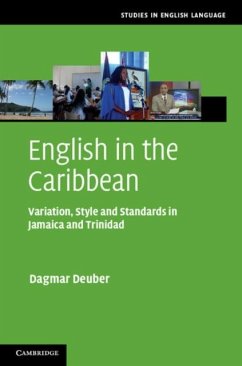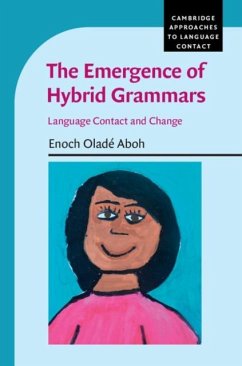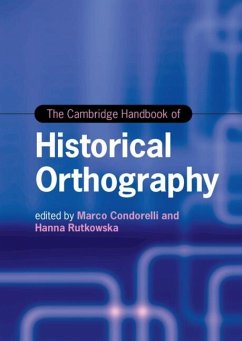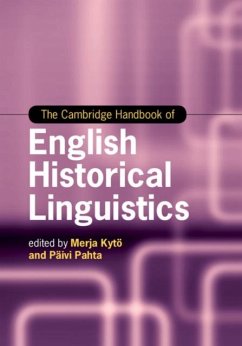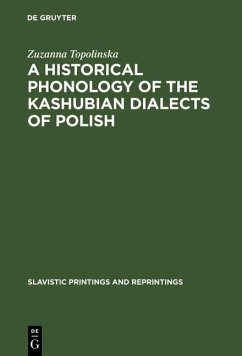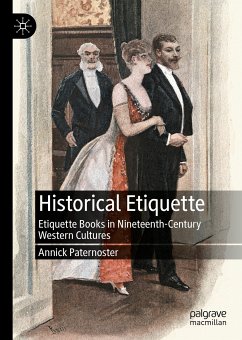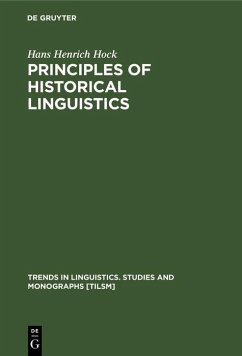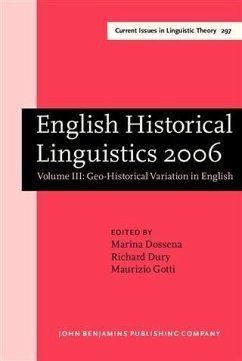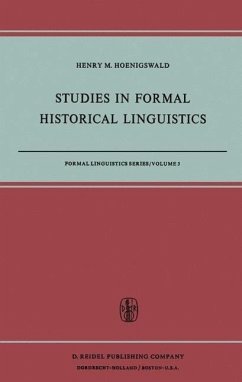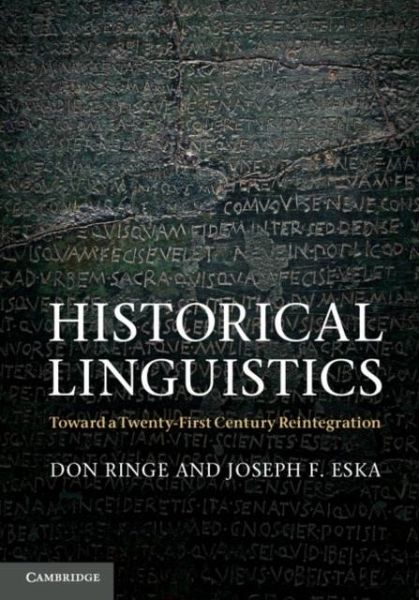
Historical Linguistics (eBook, PDF)
Toward a Twenty-First Century Reintegration
Versandkostenfrei!
Sofort per Download lieferbar
19,95 €
inkl. MwSt.
Weitere Ausgaben:

PAYBACK Punkte
10 °P sammeln!
Bringing the advances of theoretical linguistics to the study of language change in a systematic way, this innovative textbook demonstrates the mutual relevance of historical linguistics and contemporary linguistics. Numerous case studies throughout the book show both that theoretical linguistics can be used to solve problems where traditional approaches to historical linguistics have failed to produce satisfying results, and that the results of historical research can have an impact on theory. The book first explains the nature of human language and the sources of language change in broad ter...
Bringing the advances of theoretical linguistics to the study of language change in a systematic way, this innovative textbook demonstrates the mutual relevance of historical linguistics and contemporary linguistics. Numerous case studies throughout the book show both that theoretical linguistics can be used to solve problems where traditional approaches to historical linguistics have failed to produce satisfying results, and that the results of historical research can have an impact on theory. The book first explains the nature of human language and the sources of language change in broad terms. It then focuses on different types of language change from contemporary viewpoints, before exploring comparative reconstruction - the most spectacular success of traditional historical linguistics - and the problems inherent in trying to devise new methods for linguistic comparison. Positioned at the cutting edge of the field, the book argues that this approach can and should lead to the re-integration of historical linguistics as one of the core areas in the study of language.
Dieser Download kann aus rechtlichen Gründen nur mit Rechnungsadresse in A, B, BG, CY, CZ, D, DK, EW, E, FIN, F, GR, HR, H, IRL, I, LT, L, LR, M, NL, PL, P, R, S, SLO, SK ausgeliefert werden.




